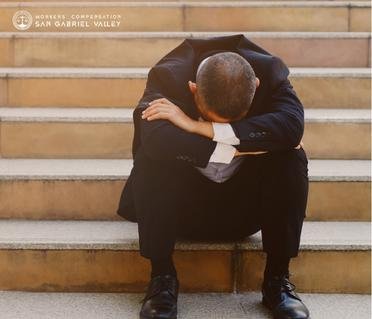While social media can be a great way to stay connected with friends and family, it can also negatively impact your personal injury claim. If you are involved in an accident, the insurance company will likely look closely at your social media accounts to see if there is anything that could be used to discredit your claim.
For example, suppose you post photos of yourself participating in activities that are considered to be high-risk. In that case, the insurance company may argue that you were engaging in risky behavior at the time of the accident and that you are more likely to have caused or contributed to the accident.
Additionally, if you post about your accident on social media, the insurance company may use your own words against you to argue that you are not as injured as you claim to be. It is essential to be aware of the potential risks of social.
5 Ways Social Media Can Have Negative Effects On Your Personal Injury Case
While social media can be an excellent tool for networking and connecting with others, it can also negatively impact personal injury cases. Here are five ways social media can hurt your personal injury case:
- Posting Specific Information Regarding Your Accident: You shouldn’t post specifics about your accident on Facebook, Twitter, Instagram, Tiktok, or Snapchat. You won’t share accident posts. It could contradict an insurance company statement. You shouldn’t post online about your situation, either. It would be best if you didn’t criticize your insurer or other claimants. Derogatory comments can be embarrassing. You don’t want to share travel or other images.
- Contradicting Your Previous Testimony – Consistency is crucial in a personal injury case. Insurance firms can exploit any inconsistency to discredit you if you publish online remarks that contradict your version of how you were wounded. An irresponsible post may contradict what you have previously told the insurance company about the accident.
- How to Do It – How your injuries affect your daily life is a consideration in personal injury settlements. If you’ve indicated your ailments restrict you from enjoying social activities, a picture of you with friends could show you’re exaggerating. An insurance adjuster or lawyer may contest the seriousness of your injuries if you visit a West Virginia park a few months after your vehicle accident and upload a photo.
- Conversing with People on Social Media Who You Don’t Know – People can easily create false social media profiles. After an accident, choose your friends wisely. Insurance firms could utilize the wrong account to harm your case.
- Revealing information via a Public Profile – Make all your posts private if you wish to use social media during your personal injury case. Making your profiles private will hinder insurance company searches. Besides making your profiles private, restrict friends, relatives, and other connections from posting about you.
Some Social Media Tips While Your Personal Injury Claim Is Under-Way
- Keep a low profile – How can you ensure that social media does not influence your personal injury lawsuit? Keep a low profile or Stay away from it until your case is resolved
- Don’t post photos of your injuries – Despite being the type of information you’d want to share with friends, doing so could hurt your case. Out-of-context updates might sometimes reduce your settlement. Therefore, discussing your therapies publicly is risky. After a severe neck or arm injury, you might lift your child and smile. The opposite side can use this to show you weren’t harmed, even if you’re smiling for the camera.
- Don’t post anything negative about your case – Regardless of what you want, it is generally advisable to ensure that your personal social media accounts are private. This prohibits unauthorized people from quickly perusing everything you publish online. Nevertheless, you should not post anything related to your personal injury claim regardless of your privacy settings. This covers all meetings, doctor’s appointments, and dealings with your insurance provider. Avoid posting anything about your case on social media.
- Avoid creating new posts while your lawsuit is active. – The reality is that social media is accessible; making it simple for insurance adjustor’s to read the content. If the opposing party can find a way to use the information you’ve revealed against you, you can bet they will.
- Don’t send direct messages about your case- Even private messenger isn’t 100% confidential. Courts have compelled plaintiffs to provide over social media user names and passwords. While this is severe, avoid publicizing your case or accident online.
In conclusion, social media can harm your personal injury claim. If you have been injured, you must consult an experienced attorney who can help you protect your rights. At San Gabriel Valley, we have a team of experienced personal injury attorneys who can help you get the compensation you deserve. Call us at 626-602-9483 to book your free evaluation.



